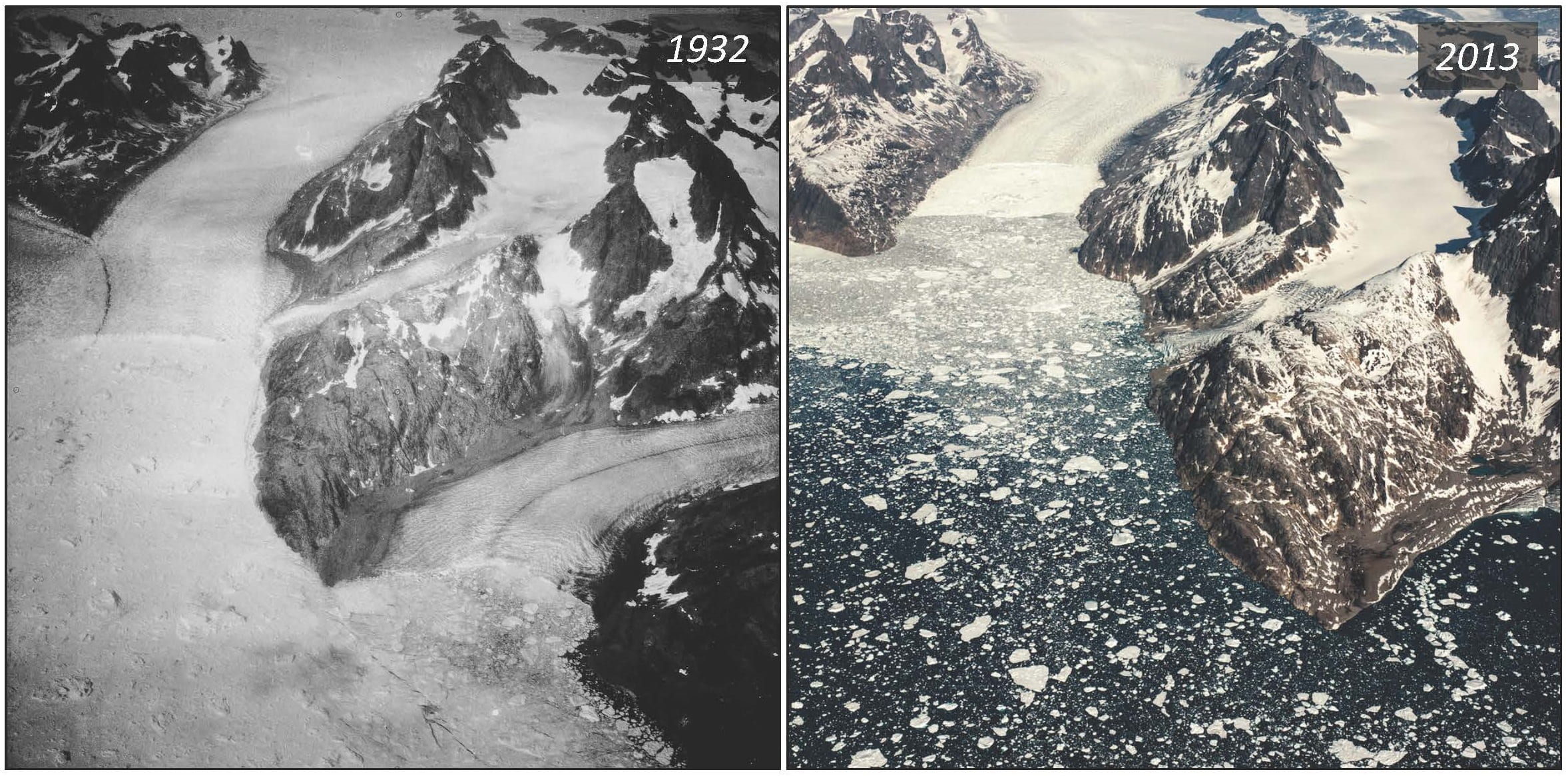World's challenges demand science itself change - and fast, UCI's Steve Davis, others say in article
UCI Earth system scientist Steve Davis is among a group of leading scientists who make a case in the journal Science this week that growing global challenges have rendered obsolete sharply segregated research and expertise. The world has little use, and precious little time, for one-subject experts, they argue. Traditional, single-discipline approaches to such crises as air pollution, biodiversity loss, climate change, food insecurity, and energy and water shortages are not only ineffective, but also worsening many of these crises because of counterproductive interactions and unintended consequences, they conclude. “The real world is integrated,” says lead author Jianguo “Jack” Liu of Michigan State University. “Artificially breaking down the real world into separate pieces has caused many global problems. Solving these problems requires systems integration – holistic approaches.” Davis agrees: “Science has made tremendous advances by studying tiny atoms and genes. But the biggest global problems of today simply cannot be solved without drawing upon many disciplines that explicitly consider human and natural systems across multiple generations, vast distances, and all the diverse people and organizations making decisions.” The paper’s authors outline a new paradigm of research that crosses boundaries among natural and social sciences, engineering and medical sciences, and other fields.


